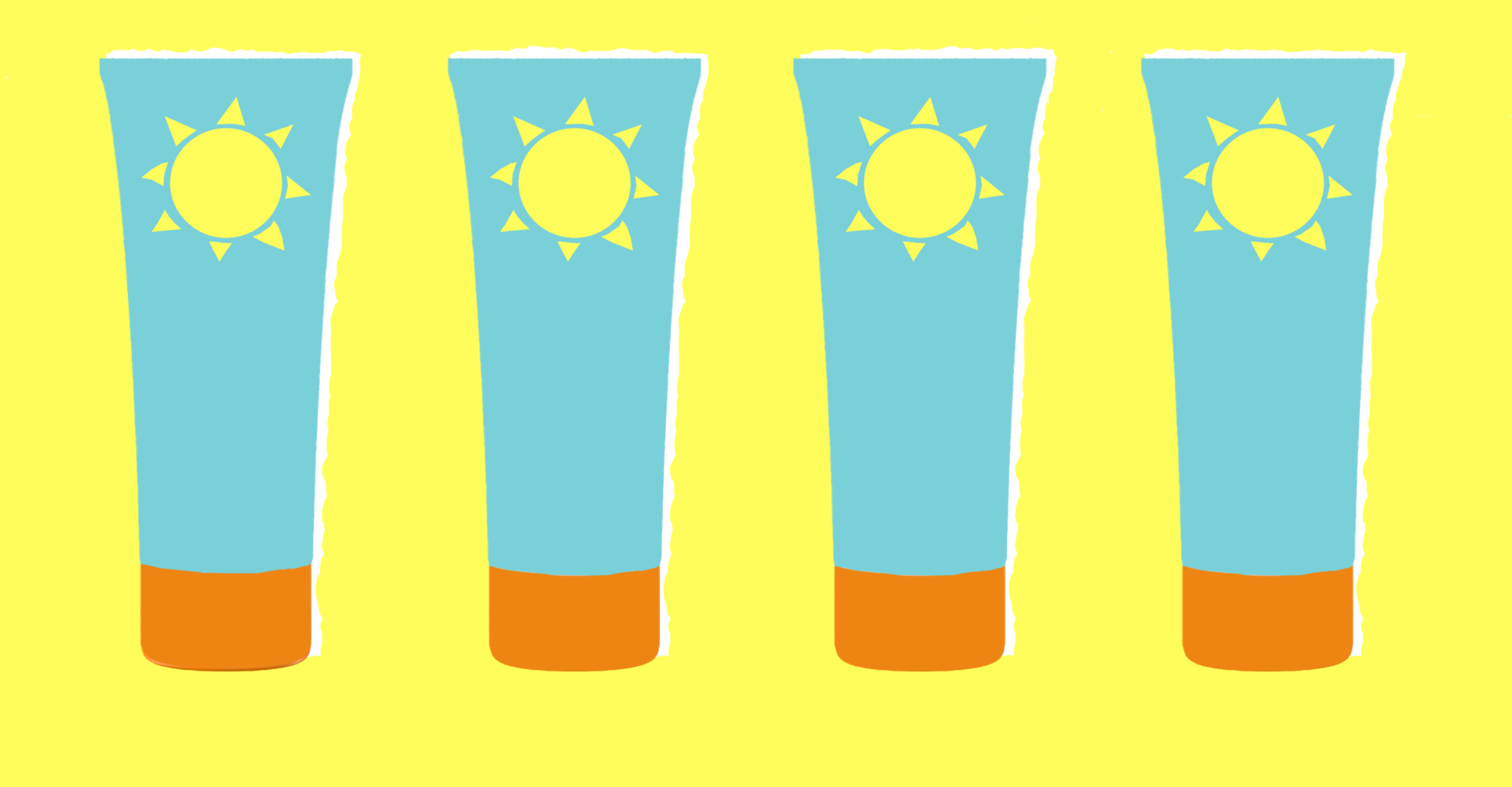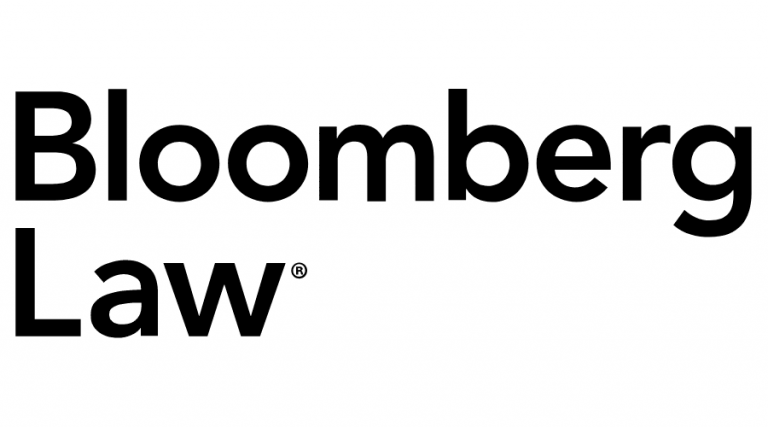
CATrends: Benzene in Sunscreen Products
Lawsuits allege labeling fails to disclose sunscreen products contain carcinogen.
November 2015: This action was voluntarily dismissed When a complaint is dismissed with prejudice, it cannot be refiled.. The reasons for the dismissal have not been disclosed.
April 2015: A class-action lawsuit was filed against Reviva Labs, Inc. for allegedly misleadingly marketing its “Stem Cell Booster Serum with Swiss Apple Stem Cells” a/k/a “Stem Cell Booster Serum #310” as a revolutionary and “almost magical” anti-aging extract. Specifically, the complaint alleges that the company misleadingly markets the product and its ingredients as providing a variety of anti-aging benefits when, in reality, the serum has no effect on the skin’s epidermis cells and the ingredients cannot provide any anti-aging benefits. (The epidermis is the outer layer of the skin.) In addition, plaintiffs claim that the company failed to obtain FDA approval and adequately disclose the proportions of the active ingredients, in violation of the Food Drug and Cosmetics Act. (Adams et al v. Reviva Labs, Inc., Case No. 15-cv-495, N. D. NY.)
For more information about class-action lawsuits regarding anti-aging products and TINA.org’s coverage of the products, click here.
Lawsuits allege labeling fails to disclose sunscreen products contain carcinogen.
If you can take the time to fill the tank yourself, don’t pay Budget to do it.
It might be a catchy slogan, but it’s not a universally good idea.
Julie Steinberg, Bloomberg Law
Hotel advertises on its website access to an indoor pool that’s been closed for months.



